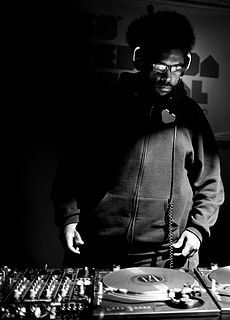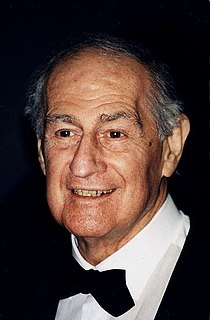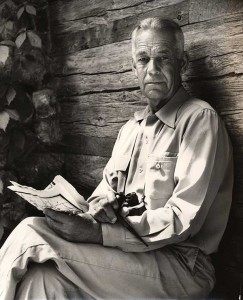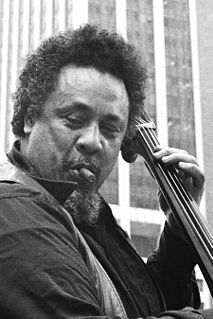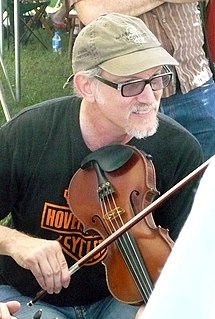A Quote by Aleister Crowley
Imagine listening to Beethoven with the prepossession that C is a good note and F a bad one; yet this is exactly the stand point from which all uninitiates contemplate the universe. Obviously, they miss the music.
Related Quotes
I'm a good Canadian girl. I miss all that good stuff. I miss tobogganing and I miss snowboarding, but I've also learned to surf and I've become a water baby which I used to be relatively terrified of the water and I kayak all the time now and I'm able to run year round on the beach which you can't obviously do in Canada.
The point of recapitulation in the first movement of Beethoven's Ninth Symphony unleashes one of the most horrifyingly violent episodes in the history of music....The point is not to hold up Beethoven as exceptionally monstrous. The Ninth Symphony is probably our most compelling articulation in music of the contradictory impulses that have organized patriarchal culture since the Enlightenment. Moreover, within the parameters of his own musical compositions, he may be heard as enacting a critique of narrative obligations that is...devestating.
Let man then contemplate nature in full and lofty majesty, and turn his eyes away from the mean objects which surround him. Let him look at the dazzling light hung aloft as an eternal lamp to lighten the universe; let him behold the earth, a mere dot compared with the vast circuit which that orb describes, and stand amazed to find that the vast circuit itself is but a very fine point compared with the orbit traced by the starts as they roll their course on high.
I named this place Listening Point because only when one comes to listen, only when one is aware and still, can things be seen and heard. Everyone has a listening point somewhere. It does not have to be in the north or close to the wilderness, but someplace of quiet where the universe can be contemplated with awe.
The way you hold the bow, the way that violinists are trained to produce a note, is really different. I'm not an expert in classical music. I don't want to say something that ends up in print and somebody comes running after me with a shovel, but they're taught for each note to stand alone in a very deliberate kind of way, which is really different than how notes are strung together in old-time music to create rhythm.




